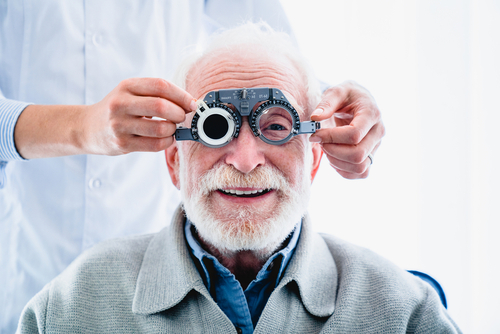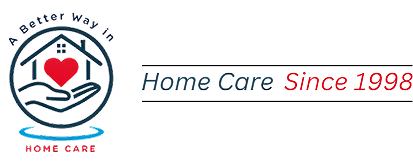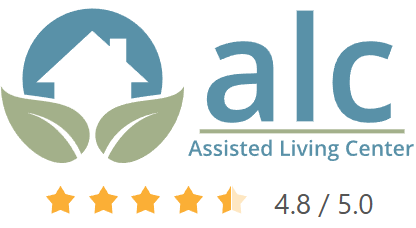Some signs of aging are easily identifiable, others not so much. But why do we need to understand the normal course of aging? For one thing, if we know what’s going to happen down the line, we can take timely action to prepare for what lies ahead, or even slow down the effects of the aging process. Namely, the elderly can take mindful steps to stay mentally sharp and physically fit for much longer, ultimately extending their life expectancy.

For another, if we can recognize the normal signs and symptoms of aging, we can easily pinpoint the symptoms which may be out of the ordinary and a possible cause for alarm. Finally, by learning about the normal aging process, you will have a deeper understanding of what your aging parents are going through, which will make it easier for you to communicate and make important decisions, such as whether it’s time to seek support and assistance from Tarzana home care professionals, together.
For a detailed overview of the normal course of aging, let’s walk a mile in your elderly loved one’s shoes.
What are the normal signs of aging?
Some of us were blessed with youthful appearance, while others may see the first signs of aging as early as at the age of 30. But regardless of when it starts, aging is a natural process which brings about changes we can see on the outside, for instance:
- Skin: Skin may be the first organ to show signs of aging. Wrinkles may appear due to loss of elasticity. The elderly are also more at risk of easy bruising and more susceptible to other forms of skin damage as skin grows thinner and becomes more delicate.
- Vision: Deteriorating vision is among the earliest signs of aging. Although far-sightedness is by far the most common vision issue the elderly face, the elderly are also at risk of the more serious conditions such as cataracts and even blindness.
- Heart & blood vessels: As we age, our blood vessels, including our arteries, becoming increasingly stiff. This makes the heart work that much harder, and physical activities the body perceives as strenuous, even if it’s just climbing up the stairs, can become extremely challenging.
- Bladder & bowel movement: The functions of gastrointestinal and urinary systems tend to deteriorate in old age. The elderly may have a more frequent urge to urinate due to loss of bladder elasticity. Bowel movement changes can be manifested either as constipation or incontinence.
- Muscles: Muscles are a symbol of strength, endurance and flexibility. But after the age of 30, your muscles won’t be what they used to be. You will be losing muscle mass at an even faster rate after you turn 60. Illnesses can further aggravate the situation through muscle atrophy or considerable weight loss.
- Bones: Elderly bones are more fragile and more prone to breakage because they shrink and lose density. The loss of cartilage may also lead to pain and stiffness, making movement difficult.
- Mental health: Although we tend to focus on the physical changes and signs and symptoms of aging, we must not forget that our brain goes through changes as well, and aging can impact our mental health, too, affecting our psychological, emotional and social well being.
- Memory & thinking: As we age, our thinking and processing speed drops and memory loss and forgetfulness can become part of our everyday life, making us increasingly worse at multitasking. But not necessarily! We can work on preventing the deteriorating of these functions, such as by learning new skills, whereas long-term memory, skills and knowledge may even improve with age.
Dependable Tarzana home care: easier & more convenient than ever before
A Better Way in Home Care can help you turn the home of your elderly loved one into their safe space and their every day more fulfilling. We will introduce you to a trusted local provider of personalized home care, a compassionate companion who can build a healthy rapport with your elderly loved one.

Aside from providing your loved one with practical and emotional support, the caregiver can accompany them to doctor’s appointments within the Encino-Tarzana Regional Medical Center, keep them in high spirits and keep their mind busy and engaged. It may take a simple phone call for things to take a turn for the better! Contact us now to find out!








